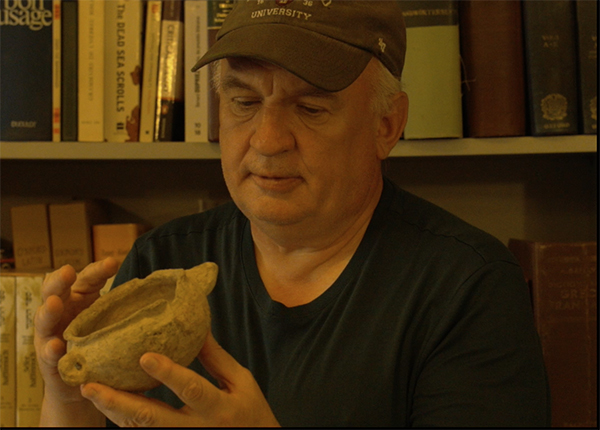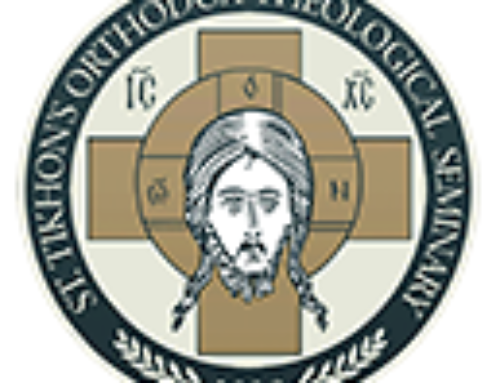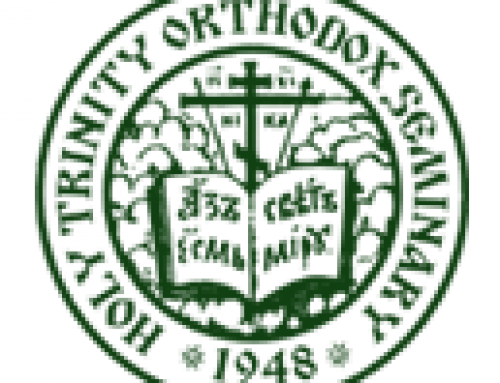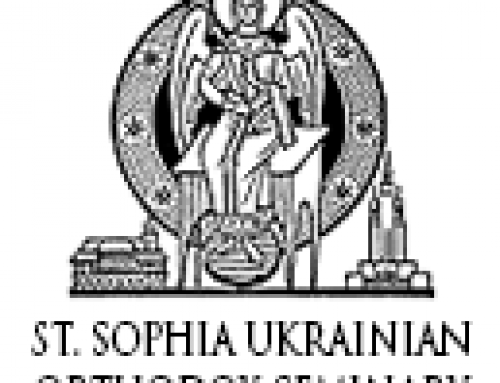This post was originally published on this site
Fr. Eugen J. Pentiuc, Associate Dean for Academic Affairs and Professor of Old Testament and Semitic Languages at HCHC, has just completed his research work at École Biblique et Archéologique Française (EBAF) in Jerusalem.
For four summers (2010, ’13, ’15, ’16), Fr. Eugen has been working assiduously on his contribution (Book of Hosea) to the first digital Study Bible. Launched in 2008, “La Bible en ses traditions” (B.E.S.T.) / “The Bible in Its Traditions” continues a long tradition of EBAF, the creator of the first Study Bible, La Bible de Jerusalem (1956), known also as The New Jerusalem Bible.

The B.E.S.T. offers the modern reader a new Scripture translation based on Greek (Septuagint), Hebrew (Masoretic Text), Syriac (Peshitta), and Latin (Vulgate) texts, accompanied by a wide array of study notes divided into three sections (text, context, and reception) and covering various interpretive aspects, from textual, lexical, and literary notes to Jewish and Christian (patristic and liturgical) commentaries and theological treatises, reaching as far as modern and secular forms of scriptural usage (e.g., literature, visual arts, music, dance, cinema, etc.).
By the end of 2016, Fr. Eugen’s work will be embedded into a pre-designed template on the official B.E.S.T website (www.bibest.org).
Fr. Olivier-Thomas Venard, OP, B.E.S.T. Project Executive Director, acknowledges Fr. Pentiuc’s contribution: “We owe Fr. Eugen a great debt of gratitude for his excellent work on Hosea. Fr. Eugen’s contribution will be published by Peeters and we hope and will do all that is possible for it to be ready for presentation at the 2017 annual meeting of the Society of Biblical Literature (SBL) in Boston.”
Commenting on Fr. Pentiuc’s work, Dean James C. Skedros notes, “We are very proud of Fr. Eugen’s association with B.E.S.T. As an internationally known Orthodox Biblical scholar, Fr. Eugen’s work on Hosea will not only make an important contribution to biblical scholarship and reception history, but will also bring honor and recognition to Holy Cross and to Orthodox biblical scholarship.”




